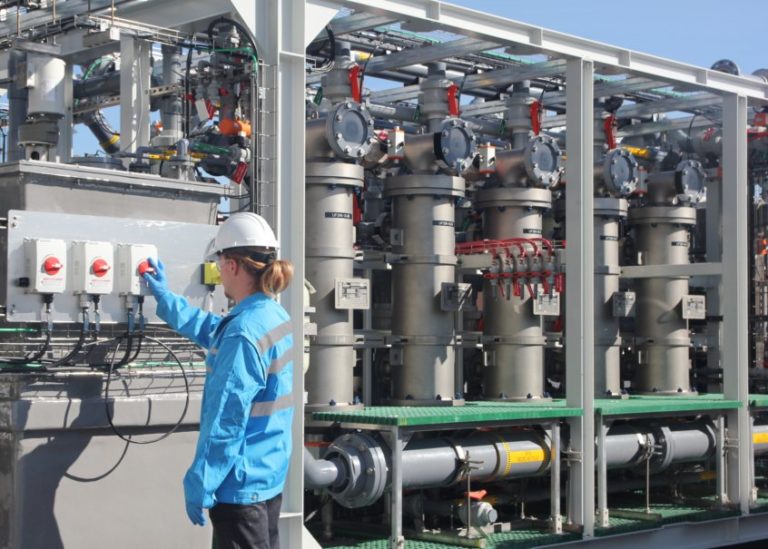
XtremeUF Ceramic Ultrafiltration
XtremeUF ceramic ultrafiltration removes oils, grease, precipitated by-products, particulate, microbes, and suspended solids.
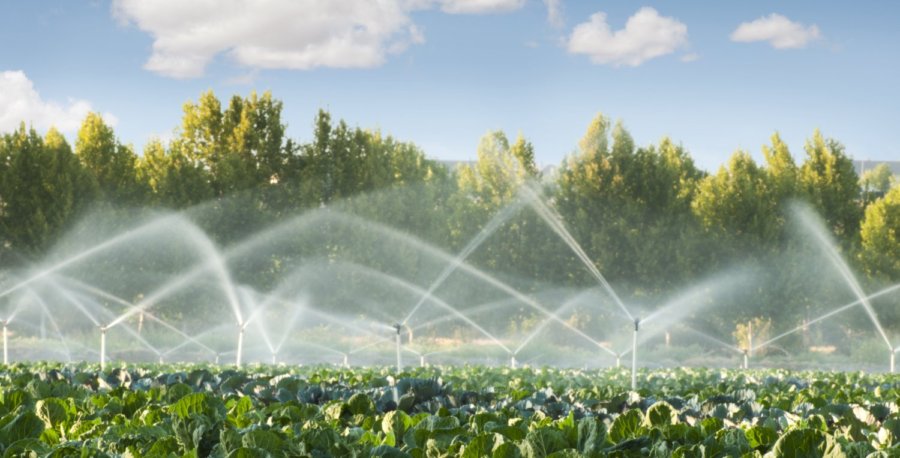
Saltworks » Applications » Agricultural Wastewater Treatment
Wastewaters from agriculture are complex, with challenges such as salinity, fertilizers, pesticides, compounds, animal slurries, ammonia, and more.
Saltworks’ suite of technologies economically treats a broad range of waters, producing fresh water that is safe for discharge or use. We provide solutions that achieve your treatment goals such as:
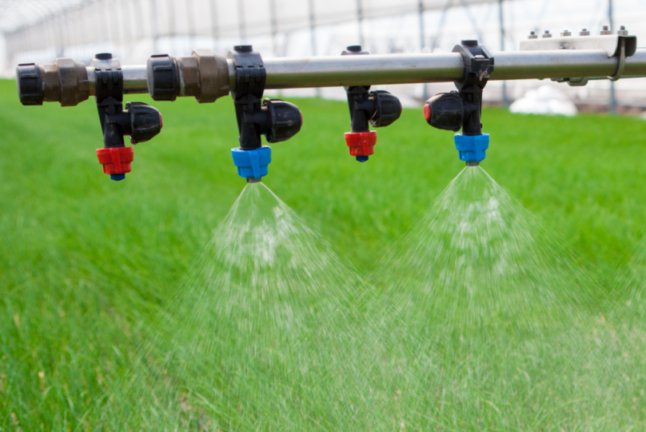
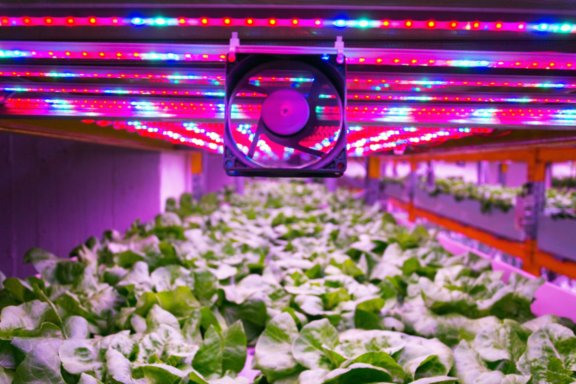
High intensity facilities such as greenhouses and vertical farms use vastly lower quantities of land, chemicals, and water than traditional agriculture, but may experience higher energy costs. With appropriate systems, most of the water involved can be reused and with newer technologies, power consumption can be minimized.
However, as with all agriculture, a careful balance of pH, alkalinity, and nutrient content must be struck to maximize yields and other qualities such as appearance and flavour. Furthermore, wastewater which cannot be reused may face strict requirements for discharge or disposal.
Most of the water used in advanced agricultural facilities can be recovered, re-enriched with nutrients, and reused. Saltworks can help to treat water for reuse, balance nutrient content and pH, or treat for discharge.
Many wastewaters can be treated to regenerate high-quality freshwater. Depending on different factors, reusing or disposing of wastewater may be advantageous. When reuse is not economical, wastewater that cannot be reused may face strict requirements for discharge or disposal.
We help clients to achieve an economic balance best-suited to their project. Our solutions:
Contact us with your water chemistry, flow rates, and treatment goals for an options assessment today. We have mobile pilot plants ready to prove performance, with on- and off-site options.
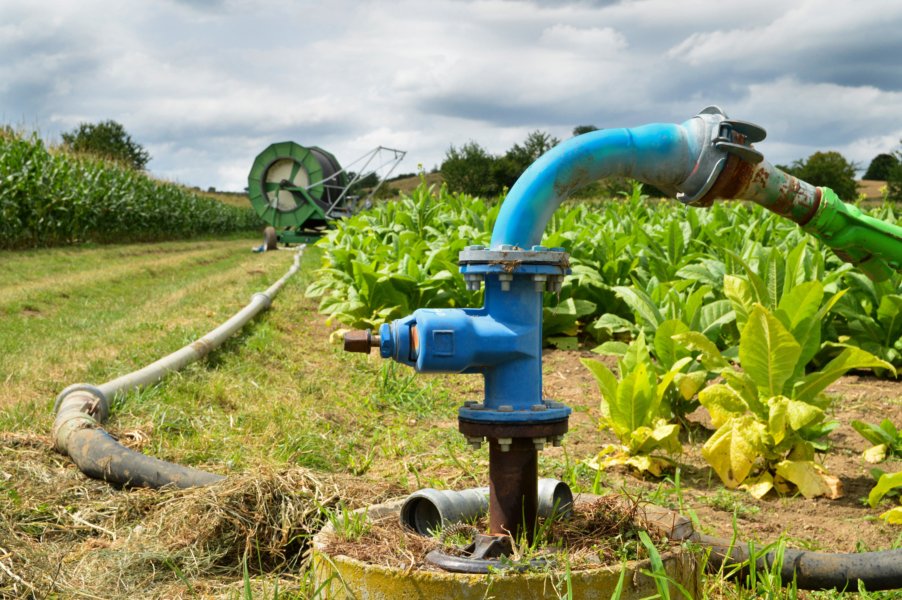

XtremeUF ceramic ultrafiltration removes oils, grease, precipitated by-products, particulate, microbes, and suspended solids.
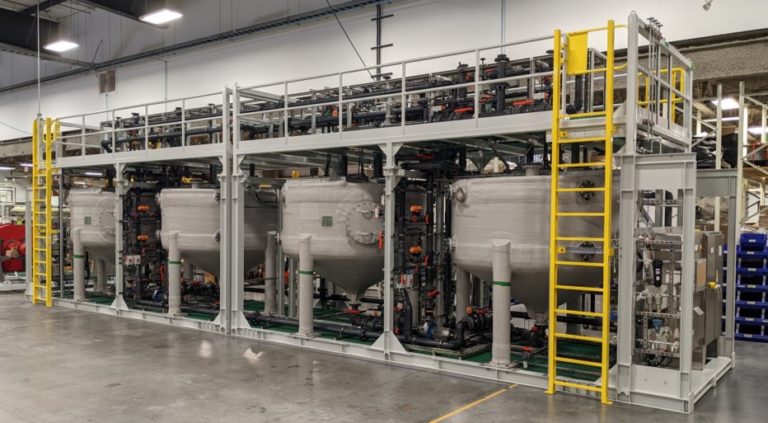
BrineRefine is a continuous stirred tank reactor (CSTR) that executes diverse chemical reactions efficiently and with precision.
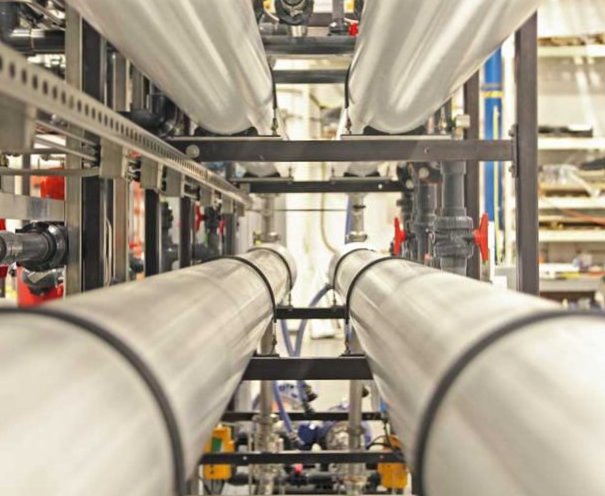
Our XtremeRO and OARO provide industry-leading recovery and reliablity. Concentrate brine, reduce discharge volumes, recover freshwater and more.

Water is essential to food and beverage manufacturers. Whether you want to reach circular economy goals, or simply improve your bottom line, Saltworks can help. We have solutions for meeting discharge limits, recycling wastewater, and minimizing brine waste.
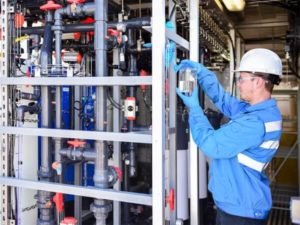
Heavy industry, manufacturing, and natural resource-based industries often use large volumes of water and generate wastewaters requiring treatment. Saltworks designs, builds, and operates advanced wastewater treatment plants that economically and reliably treat tough industrial wastewaters.
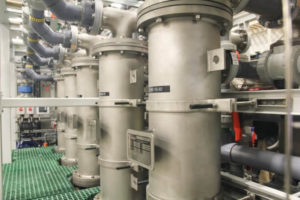
This article introduces a new type of ceramic membrane system and explains how it opens the application range. An example of treatment of oil and grease in produced water is provided.
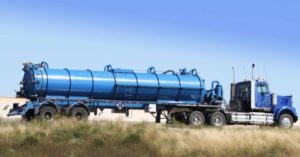
The many options for managing brine, a term for saline wastewater from industrial processes, fall under two categories: brine treatment and brine disposal. Brine treatment involves desalinating the brine for reuse and producing a concentrated brine (lower liquid waste volume), or residual solids (zero liquid discharge).